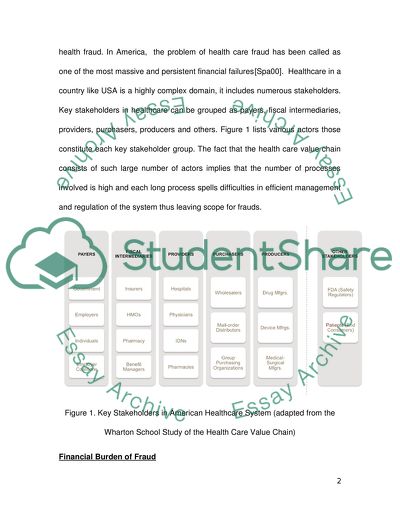Cite this document
(“Health Care Fraud Essay Example | Topics and Well Written Essays - 3000 words”, n.d.)
Retrieved from https://studentshare.org/health-sciences-medicine/1418405-research-paper-on-health-care-fraud
Retrieved from https://studentshare.org/health-sciences-medicine/1418405-research-paper-on-health-care-fraud
(Health Care Fraud Essay Example | Topics and Well Written Essays - 3000 Words)
https://studentshare.org/health-sciences-medicine/1418405-research-paper-on-health-care-fraud.
https://studentshare.org/health-sciences-medicine/1418405-research-paper-on-health-care-fraud.
“Health Care Fraud Essay Example | Topics and Well Written Essays - 3000 Words”, n.d. https://studentshare.org/health-sciences-medicine/1418405-research-paper-on-health-care-fraud.


